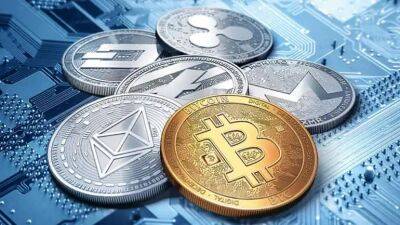Millennials hunting for returns drive risk-hungry investing in India
An impatient Indian investor class, largely driven by millennials, is leaping into riskier investments from peer-to-peer lending to cryptocurrencies in the hope of boosting returns rocked by one of the worst inflation rates in Asia.
The sheer number of individuals pouring money into new and lightly controlled assets sets India apart, after the pandemic fueled the rise of retail investors globally and left many exposed to the potential for large losses. Others have been luckier and wracked up wins while racing to buy a first car or apartment.
In Mumbai, Pratik Vora, 28, who works in finance, is shunning the plain vanilla saving deposits that were popular with Indians for generations. Instead, he’s investing in equities and cryptocurrencies. A self-taught investor, Vora started with stocks in 2015 and ventured into crypto investing in 2019 to buy a bigger house. He only narrowly escaped the giant plunge in cryptocurrencies this year after earlier withdrawing from them to avoid new taxes in India, yet he remains undeterred.
“At this point in time, a bank fixed deposit is the worst investment for any individual because inflation adjusted returns are negative,” Vora said. “I had a few setbacks too, lost money, but those were my learnings. My age allows me to take risk.”
Regulators everywhere are grappling with those risks, but the absolute scale of the shift in India is creating unique new regulatory complexities for Prime Minister Narendra Modi’s government. Long a nation where households squirreled away their savings in the bank, about 43 million equity accounts have been added in India since the beginning of 2021, more than the total populations of Belgium, Greece and Portugal put together.
As inflation has pushed past
Read more on business-standard.com






